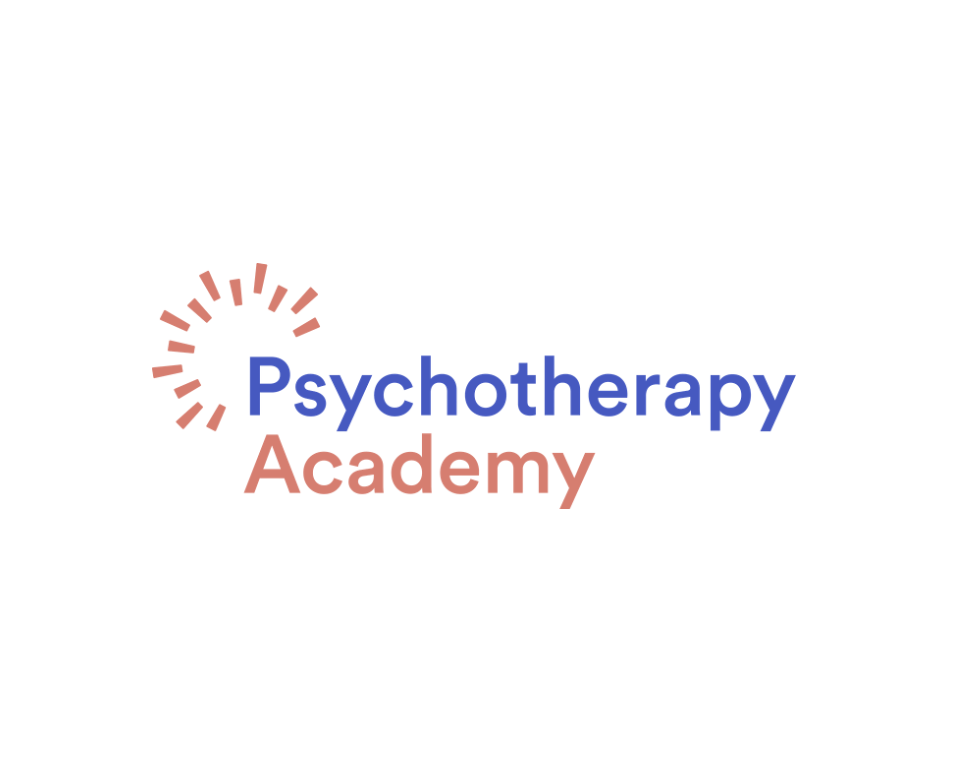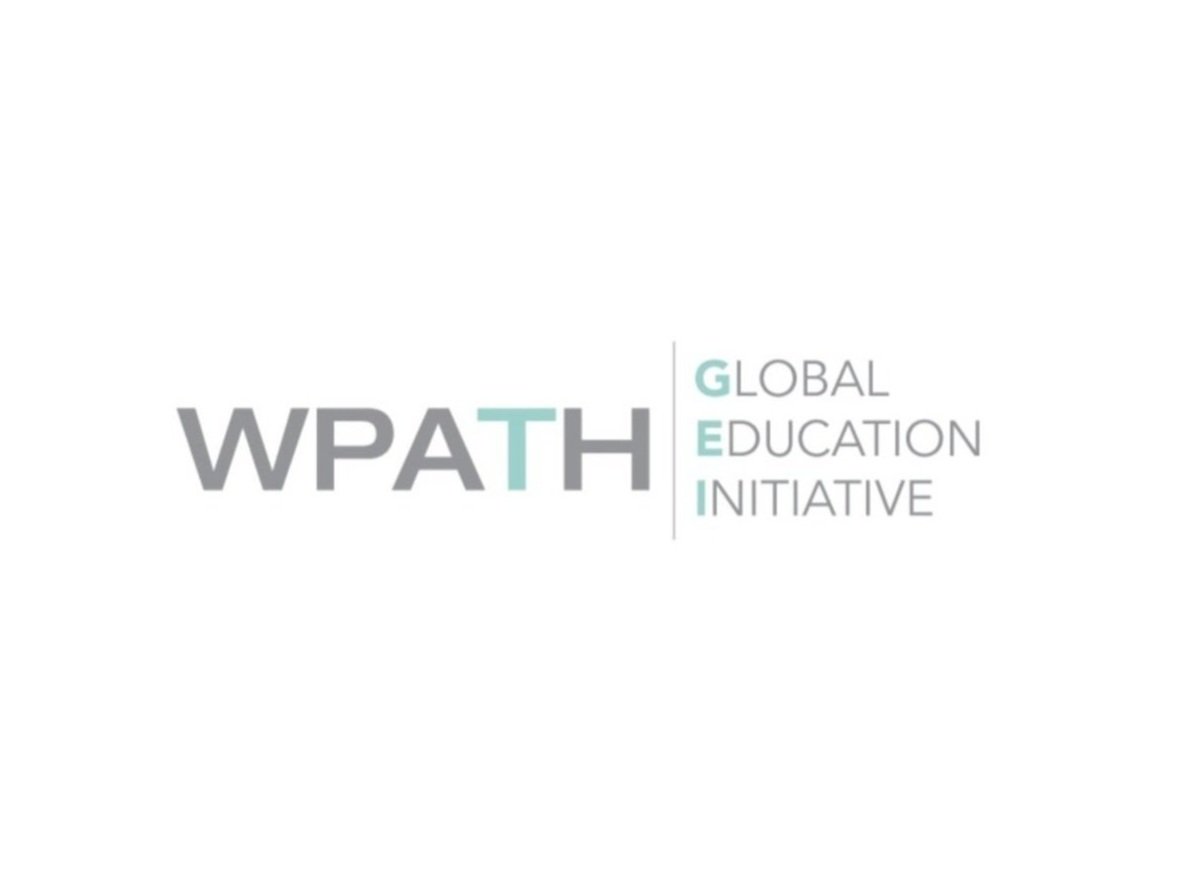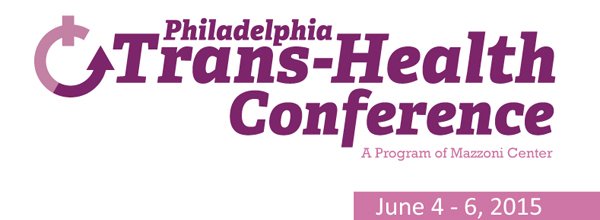
Upcoming & Past Trainings and Presentations by Dr. Allen.

A Transgender Person With Dysphoria: Treatment From an ACT Perspective
Psychotherapy Academy. This clinical case examines how Acceptance and Commitment Therapy (ACT) aids transgender clients facing gender dysphoria and transition challenges. ACT promotes mindfulness, reduces avoidance, and encourages meaningful, value-based actions. The course covers key ACT techniques like defusion, self-as-context, and committed action, helping clients disengage from unhelpful thoughts, improve body awareness, and foster self-acceptance. This case offers a practical framework for therapists supporting clients in their transition journeys.

2025 WPATH GEI Ethics Symposium
WPATH Global Education Initiative (GEI) Advanced Online Ethics Workshop in November 2025.

2024 Lisbon Symposia: Ethics in the Standard of Care 8
WPATH Global Education Initiative Advanced Online Ethics Workshop: Ethics in the SOC8.

2024 Lisbon WPATH GEI Ethics Symposium
World Professional Association for Transgender Health Global Education Initiative Advanced Online Ethics Workshop.

Ethical & Legal Considerations, Assessment Report Writing, & Advocacy
Collaborative American Psychological Association (APA) Webinar.
The World Professional Association of Transgender Health (WPATH) Standards of Care 8 (SOC8) recommends that client’s undergoing gender-affirming surgeries have an assessment (depending on the surgery) from healthcare providers experienced in gender care (Coleman et al., 2022). A letter of support is typically required before the provision of transitional medical interventions and for insurance coverage. This presentation provides a brief ethics overview, emphasizing the guiding principles of the American Psychological Association guiding principles (APA; as also discussed by Beauchamp & Childress, 2019) to utilize as a framework for evaluating ethical questions in assessment with transgender and non-binary clients. The SOC 8 (Coleman et al.,). The current state of affairs are discussed, with a focus on areas of perceived tension with regard to assessment as well as it’s usefulness (Allen et al., 2021; Brown et al., 2020). Specifically, aspects such as models of informed consent (Ashley et al., 2021), surgical preparedness, and evaluation challenges in transgender health (e.g., long wait times, scope of practice for the mental health professional are discussed).

Continuing Education Workshop: Clinical Competencies For Transgender & Non-Binary Youth
Over the past few decades, the number of young people identifying as transgender or non-binary (TNB) has increased worldwide. The appropriate healthcare of TNB young people is a matter of intense controversy, both legally and socially. This presentation provides an overview of relevant LGBTQ+ terminology and relevant scientific literature, explores what transition is and what it may or may not include, discusses the ethics of working with trans youth and clinical considerations/skills (e.g., what is gender exploration), and practice recommendations for working with parents and caregivers.

2022 WPATH GEI Ethics Symposium
World Professional Association for Transgender Health Global Education Initiative Advanced Online Ethics Workshop.

ON DEMAND: Clinical Competencies with TNB Youth CE
On demand cultural competency continuing education (CE) units provided through the Nevada Psychological Association (NPA).

2021 WPATH GEI Ethics Symposium
World Professional Association for Transgender Health Global Education Initiative Advanced Online Ethics Workshop.

2020 WPATH GEI Ethics Symposium
World Professional Association for Transgender Health Global Education Initiative Advanced Online Ethics Workshop.

Analysis of Power and Privilege
Ethics symposium conducted at the 25th Biennial World Professional Association for Transgender Health Symposium, Buenos Aires, Argentina.

Ethics: Surgery and Interdisciplinary Care
Symposium conducted at the 25th Biennial World Professional Association for Transgender Health Symposium, Buenos Aires, Argentina.

Integrating the Needs of Transgender Youth in Substance Abuse & Mental Health Treatment Settings
Clinicians in substance abuse or mental health programs may lack experience with gender dysphoria (GD) when treating transgender youth with co-occurring conditions. This session equips clinicians with skills to create an affirming treatment setting, engage resistant parents and youth, address GD within the treatment plan, and know when to refer to a gender specialist. Common terms used by transgender youth and relevant literature will be discussed. Multimedia components, case discussions, and Q&A time are included.

Transgender Adolescents’ Sources of Social Support
This presentation discussed a study on how to support TGD adolescents, with the aim of facilitating the development of alternative protective factors by understanding adolescents’ positive experiences and extra-familial sources of support. A phenomenological approach was used consisting of 15 semi-structured interviews with a special emphasis on how participants have been accepted and supported during their youth.

But What if They Have Regrets Later? Ethical Dilemmas and Clinical Challenges in Working with Transgender Minors
This workshop addresses the ethical concerns and clinical issues faced by clinicians who work with transgender adolescents and their families or guardians. Topics such as paternalism, autonomy, informed consent, and standards of care are explored. A case vignette is used to highlight the difficult and complex questions that emerge during work with transgender minors.

Best Practice Recommendations for Meeting the Needs of Transgender Students
This presentation discusses advocacy steps that students, faculty, and staff in universities can take to improve campus friendliness. From the literature review and experience of the authors, some of the areas and common themes were discovered to be Campus Safety such as the Clery Act and Title IX; Campus Facilities such as gender neutral restrooms and gender inclusive housing; Student Life such as student organizations, and intramural sports; Health Services such as mental health, counseling services, training clinics, physical health, and health insurance; Employment; Records and registration such as advising, basic orientation, name changes/preferred names, and nondiscrimination policies; and, Campus Advocacy. In addition, to advocacy steps, the document also contains sample guidelines and policies as templates for universities to adopt.

The Assessment and Treatment of Transgender Youth
The conceptual and diagnostic shift in the DSM V from “gender identity disorder” to “gender dysphoria” represents a step towards the de-pathologization of persons with gender variant experience. It also offers clinicians an opportunity to assess and treat an experienced phenomenon – gender dysphoria - instead of assessing identity. The goal of therapeutic work becomes helping young transgender persons experience a reduction in dysphoric symptoms without imposing a category on them. This session helps participants learn how dysphoria differs from other clinical presentations that some think explain “gender role confusion.” How to assess the various meanings of cross-dressing and cross play in children are described. Because many clinicians are aware that transgender adolescents are vulnerable to self-harm and suicide the session covers the current research on both the risk and protective factors that impact transgender youth. Using the Standards of Care, Version 7, (SOC7) of The World Professional Association for Transgender Health (WPATH) we explain how to assess when a child or adolescent might be ready for medical interventions such as hormone blocking therapy, hormone replacement therapy and perhaps even surgery. Ethical issues such as autonomy, informed consent and how to assess co-occurring conditions are addressed. Rationales for beginning medical intervention before the age of majority are offered. Specific clinical strategies for family work are described and case material shared.

Things to Know! Developing & Exploring Healthy Intimate Relationships.
Trans identified youth rarely receive relationship or sexual health education aimed at them, and face disproportionately high levels of dating violence. In this workshop, participants engage in hands-on activities that provide a way of communicating about relationships. Each “game” will allow participants to think more concretely and define more clearly their expectations for beginning, participating and maintaining healthy, safe relationships.